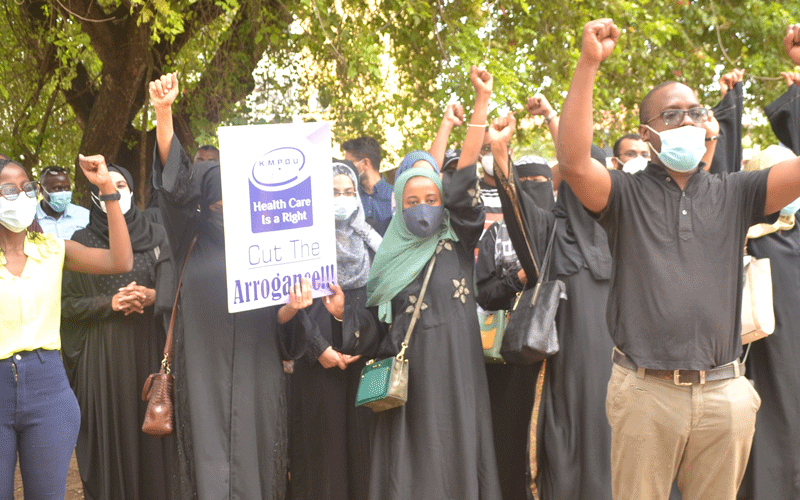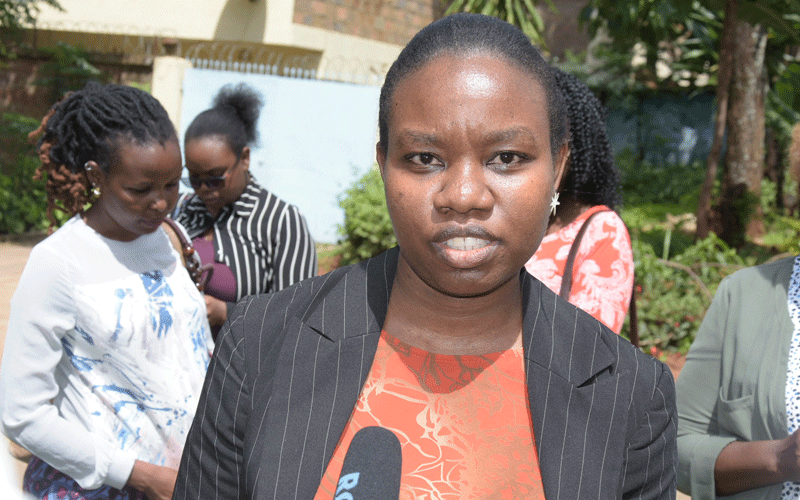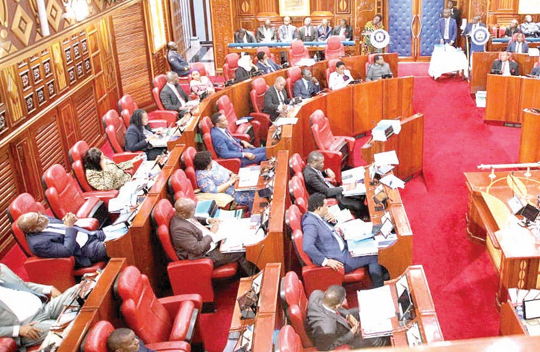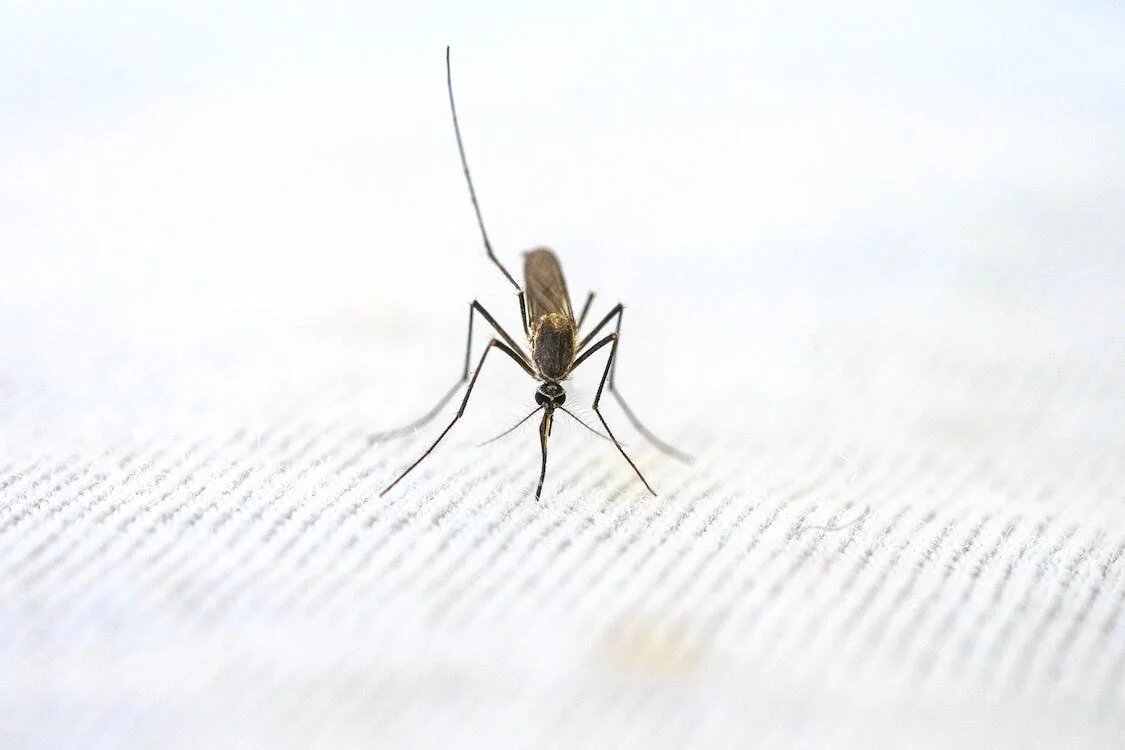A health crisis overwhelming politics, economies
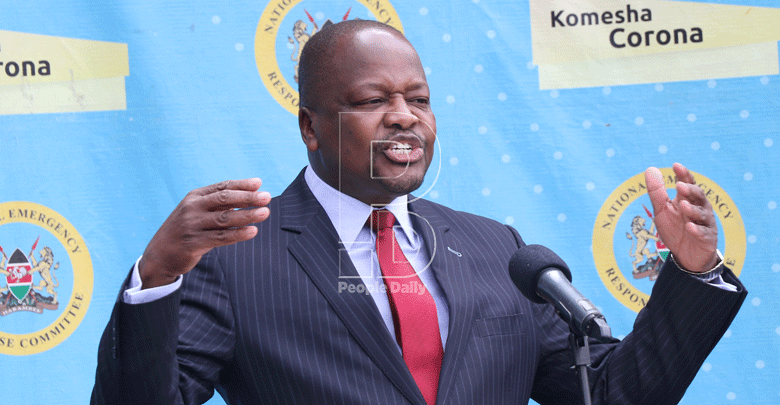
The Covid-19 pandemic has left significant political, social and economic impacts beyond any other health crisis in modern history.
Coronavirus maintains a stranglehold on humanity, a year since it was first detected in Wuhan, China.
The numbing reality of the pandemic’s stunning disruption of lives and livelihoods, dawned upon Kenyans when President Uhuru Kenyatta imposed a lockdown in Nairobi and four neighbouring counties last Friday.
An alarming spike in Covid caseloads and deaths, health facilities stretched to the limit and some citizens’ reckless behaviour forced the President’s hurried decision, that left businesses and travellers in penury and anguish.
A battered economy, multitudes of lost jobs, declining national revenues, massive public debt – restless millions burdened with poverty, corruption and dwindling incomes in a flawed, fractured political environment completely outweighed by a damning health crisis.
Many had thrown caution to the wind, letting their guard down after control measures were slightly relaxed, after the lull of the first and second waves of the virus.
The newly imposed measures are meant to save lives at the expense of political and economic considerations.
Well, in a nation perpetually obsessed with enduring political melodrama that often defies common sense, the pandemic has proved to be a game-changer and a harbinger of unscrupulous habits.
Not only has coronavirus stalled the boisterous predictions of political bigwigs and the swagger of sabre-rattling politicians, the pandemic has slowed the Building Bridges Initiative (BBI) “reggae” beat and halted the “hustler nation’s wheelbarrow” in its tracks. At least for now.
Highly effective
Latest warnings from the World Health Organization (WHO) and the Africa Centres for Disease Control and Prevention, register the profound impact of the virus.
Measures necessary to contain it have worsened economic inequalities and social insecurities, deepening challenges in the continent’s under-pressure health systems.
Lockdowns, although highly effective in the short-term, cannot be a sustainable solution in the longer term, given that more than 80 per cent of employment is informal.
A study in The Lancet of March 26, notes that although the first wave of the Covid-19 pandemic progressed more slowly in Africa than the rest of the world, by December 2020, the second wave was more aggressive.
While most countries in the continent have seen their epidemiological curve flatten, 11, including Benin, Botswana, Cameroon, Djibouti, Ethiopia and Kenya have recorded a rising infection trend in recent weeks.
The third wave rise is likely linked to super-spreader events such as mass gatherings and a relaxation by the population in observing public health measures.
During the past four weeks, deaths in Africa dropped by 45 per cent compared with the previous four weeks, but the case fatality rate for cumulative deaths for the continent is 2.7 per cent, still higher than the global case fatality rate of 2.2 per cent.
WHO Regional Director for Africa Matshidiso Moeti says Africa urgently needs more Covid-19 vaccine supplies, noting, “a slowdown could prolong the painful journey to end this pandemic for millions of people.”
However, in the optimism of the current worldwide vaccine rollout, extreme caution. Billionaire philanthropist Bill Gates does not think the world will go back to normal until the end of 2022.
A timely caution worth reflecting upon since the Bill and Melinda Gates Foundation has committed a whopping $1.75 billion to a global response against the virus. — albertoleny@gmail.com
